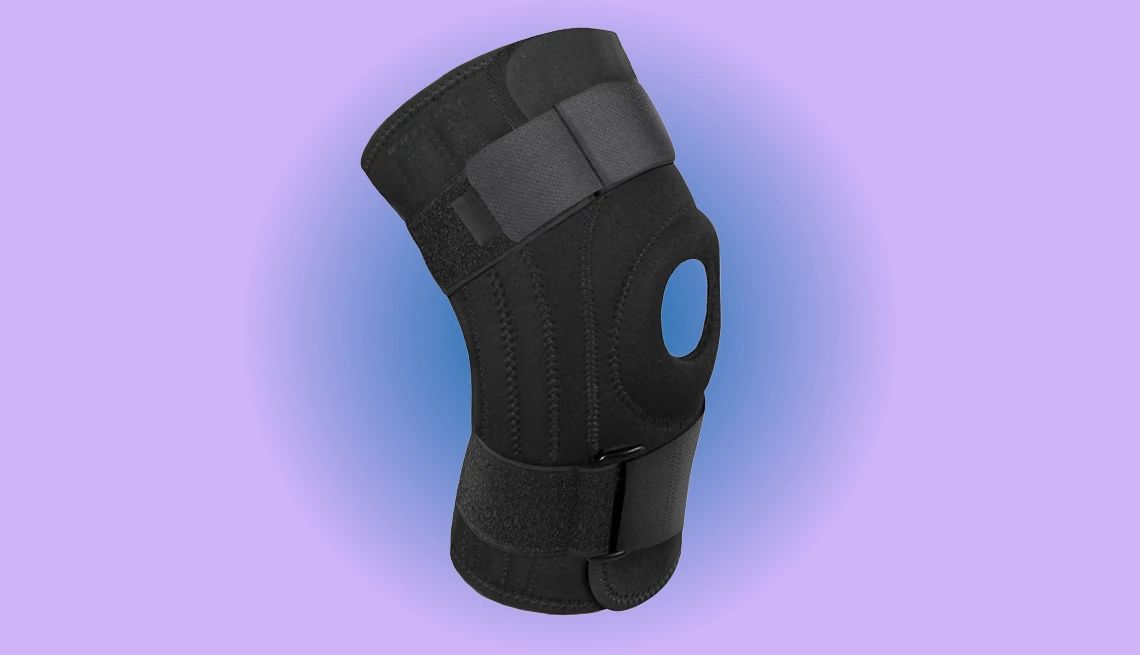AARP Hearing Center


In this story
$1 billion paid out • Recipients also victims • Doctor’s orders excessive • Where to get help
Medicare footed the bill for more than $1 billion in fraudulent claims for neck, back and other braces sold through phone calls from telemarketers and obtained without consultation from a doctor, a government watchdog says. The equipment potentially puts people’s health at risk.
From 2018 to 2020, Medicare routinely approved payments for off-the-shelf — not custom-fitted nor custom-made — orthotic braces delivered to the homes of beneficiaries of the government insurance program, according to a May 2024 report from the U.S. Department of Health and Human Services Office of Inspector General. Medicare didn’t confirm brace recipients saw doctors, as required to ensure the equipment didn’t do more harm than good.
The scam was first reported in 2019 when the inspector general’s office and law enforcement dismantled the scheme, charging 24 defendants in 17 federal districts for submitting $1.7 billion in Medicare claims. At the time, $900 million had been paid out.
Medical professionals worked with fraudulent telemedicine companies and received illegal kickbacks and bribes, the inspector general alleged. Scammers either called beneficiaries directly to offer the covered orthotic devices or used television and radio ads to encourage them to order free braces by calling a toll-free number.
Taxpayers, Medicare recipients are all victims
Those on Medicare who were scammed may be putting their health at risk if they use equipment a doctor didn't prescribe, the report says. They also are at risk of getting the wrong device and making their pain worse.
When “a beneficiary provides or verifies personal or Medicare information, a brace is sent even if it's not requested by the beneficiary or medically necessary,” the inspector general’s office notes on its website. Often, people were mailed multiple braces.
“If a beneficiary has received unwanted or unneeded braces, and that equipment is billed to Medicare, then Medicare may deny a brace that the beneficiary needs in the future,” the office says.
Doctor orders 51 braces a day, every day
Lorrali Herrera, an assistant regional inspector general who worked on the report, says her office detected the problem by looking for cases in which doctors hadn’t filed a claim for a patient visit for at least 12 months before a brace seller billed Medicare. That indicated the patient probably hadn’t been evaluated.
“In our opinion, it’s unlikely that the provider could have determined medical necessity … if they didn’t have a treating relationship with them,” she says.































































More From AARP
Watch Out for Medicare Card Scams
Criminals want your number in order to fake claims
Medicare Flex Card Scams: Find Out the Truth
Trust your instinct. If something sounds too good to be true, it probably is
New Tech Tools Protect Consumers From Identity Fraud
Emerging fraud-fighting technologies make it easier to separate impostors from actual customers
Recommended for You